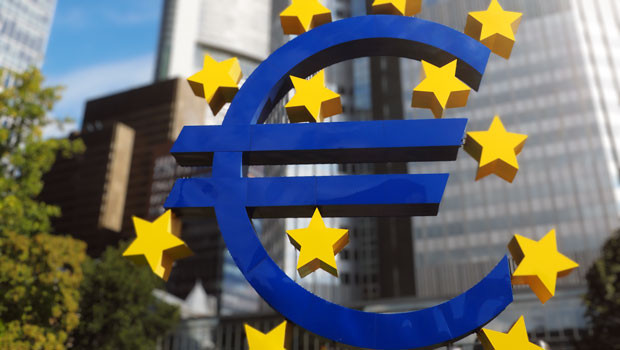Hedge funds are increasingly targeting the euro zone’s $10 trillion government bond market, seeing lucrative opportunities amidst rising funding requirements and a scaling back of intervention by the European Central Bank (ECB).
According to traders and officials, these funds are becoming significant buyers in government debt auctions, providing vital capital injection.
However, their involvement often intertwines with bank debt, exposing them to the fortunes of lenders, and raising regulatory eyebrows globally due to concerns about their potential market impact.

Insights gleaned from interviews with numerous sources, including senior traders, treasury officials, and exclusive market data from the electronic platform Tradeweb, as compiled for Reuters, underscore the growing presence of hedge funds in the bloc’s debt sphere.
Notably, hedge funds accounted for a historic 55% of European government bond trading volume on Tradeweb last year, a notable surge from 36% in 2020, surpassing other financial entities to emerge as primary players for the first time.
Their influence is particularly pronounced in some of Europe’s most debt-laden nations, with hedge funds commanding two-thirds of trading volumes in Italian debt on Tradeweb, as revealed by Reuters data.

Tradeweb stands among the top three trading platforms for European government bonds, alongside Bloomberg and MTS, as per Coalition Greenwich, a financial research firm. The data encompasses eurozone countries and other European markets, including the UK.
In January, analysts at Barclays projected that the eurozone debt market must absorb a staggering 675 billion euros ($735 billion) in additional bonds this year, coinciding with the ECB’s reduction of bond holdings.
This surge in borrowing needs stems from the pandemic and the conflict in Ukraine, while banks face constraints on their balance sheets due to post-2008 financial crisis regulations.
Enter hedge funds, enticed by interest rates rebounding into positive territory after nearly a decade of stagnation.